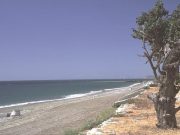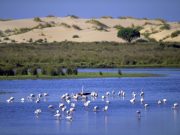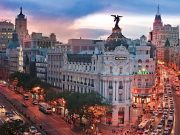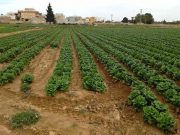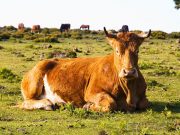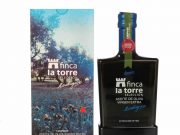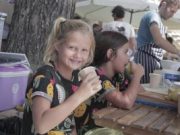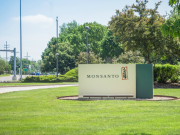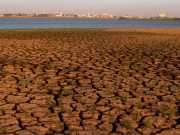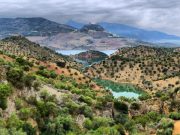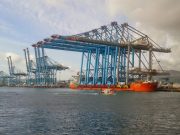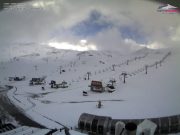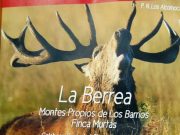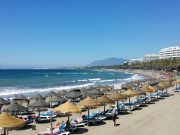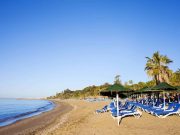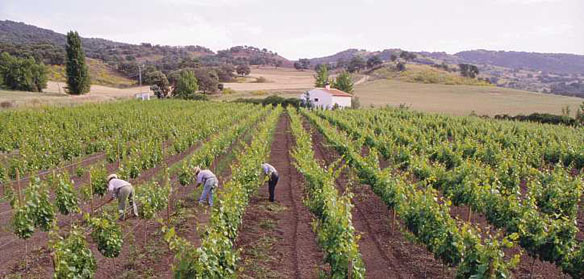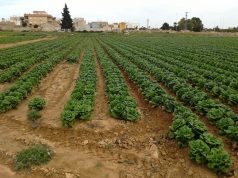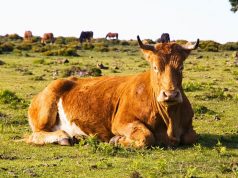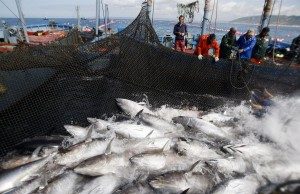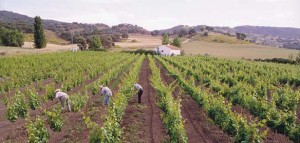
NOT since Roman times has Ronda wine been so internationally rated.
Winning prizes and selling in the finest restaurants in Japan, the US and Germany, even celebrated wine writer Robert Parker lists it as one of his hot tips for the next decade.
Producing one of Andalucia’s best red wines, the Ronda area now counts nearly 20 bodegas, with even the town hall getting in on the act with its own vineyard.
But how many people know that just two decades ago the industry hardly existed?
Yes, in a word, it was kaput! Going Nowhere, with a capital ‘N’.
And it was largely thanks to one intrepid German winemaker Federico Schatz that the wine market finally saw a glimmer of hope again after years in the doldrums.
Indeed there was not one single vineyard in the area when the Tyrolean bought his two hectare smallholding in the Sangijuela estate, on the road towards Ronda La Vieja, in 1982.
About the only thing you might have gotten a sniff of – apart from the town’s excellent goat’s cheese – was a half decent mosto from the nearby village of Atajate.
Since the wine virus Phylloxera had wiped out the area’s vines in the 1870s, there had been few serious attempts at a revival, and the last vineyard to exist had folded in the mid 1970s.
“It was far more profitable to grow olive trees back then,” explains Federico, who had travelled around the whole of Europe and the US and Australia looking for the ideal spot to make wine.
“It was actually illegal to sell wine, so I knew I was really up against it.”
While his family had a lot of pedigree in the wine business, having produced wine on the Germany/Italy border since the 17th century, he was initially forced to make his living selling fresh flowers and a dried flower, called Flor de Papel.
But on the quiet he started experimenting with different grapes to try and find the ideal varieties to suit the area’s soils and climate.
Convinced that the altitude and unique mountain temperatures would suit the production of modern winemaking, over the next five years he planted 5000 plants of 20 different varieties.
“I knew that the Romans had planted over 1000 hectares here, and Ronda wine had a good reputation even back in Italy,” says the jovial winemaker.
“They had such a reputation that the area had its own Roman coins, each with a bunch of grapes on them, alongside a moon and sun.”
He had chosen Ronda by looking below what is known as the ‘Wagner Line’, which separates the Atlantic from Mediterranean temperature.
This broadly follows the Sierra Morena, which hugs Extremadura, and then the Sierra de Cazorla up into Murcia. Below the line the temperatures are distinctly warmer and the weather generally drier.
He ended up in the Serrania de Ronda where soils are rich and the rainfall figures are high, being only 20kms from Grazalema, the wettest place in Spain.
At 600 metres above sea level it also means the temperature drops from 45 to 12 degrees at night in summer, bringing some welcome relief and a little moisture for the plants.
He soon discovered that he could make great wines from grapes such as Chardonnay, Petit Verdot and Lemberger and Trollinger, which comes from his native Tyrol.
His main problem though was selling it.
It wasn’t until he formed an unlikely alliance with Principe Alfonso Hohenlohe, the man often credited with making the Costa del Sol famous, that things started to move.
Hohenlohe had started to produce a successful wine on his own estate Cortijo Las Monjas using the skills of winemaker Juan Manuel Vetas.
Eventually, after over a decade of lobbying, they managed to create an appellation in the mountains in 2001.
“By 1997 I had got sick of waiting and started to sell my wine illegally though,” recalls Federico. “I couldn’t wait any longer.
“The Principe started at the same time, and although we knew we could be taken to court, I felt Ronda wine had been so important in history that it should have its own industry now.”
Even better, the intrepid winemaker had one other key difference from Spain’s main producers. He wanted to do it the natural way without chemicals and pesticides.
“A good wine is the result of a healthy grape and a good healthy grape comes from a healthy soil,” he explains.
Having perfected the organic farming method over the last two decades in 1997 he was one of the first wines in Andalucia to be declared 100 per cent organic.
On top of this he is entirely self sufficient, his energy coming from wind and solar power.
Ultimately Federico is highly upbeat about the wines he makes, and although he has a small estate compared to most of the Ronda vineyards, he expects to see his wines continue to sell at good prices.
“I believe that Ronda will become one of the top ten best areas for wine in the world.
“It is an expanding and healthy industry and it will bring more jobs. I’m very proud that I was here from the beginning.”






